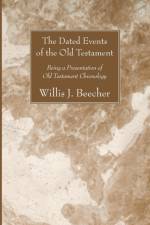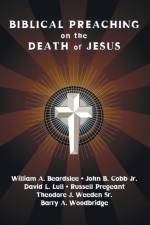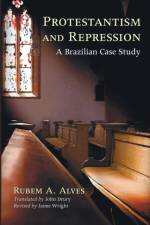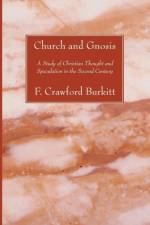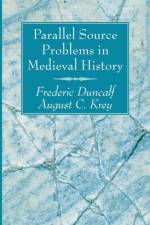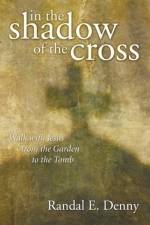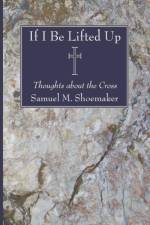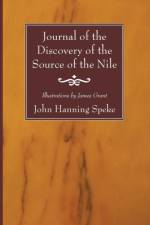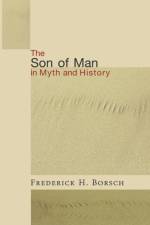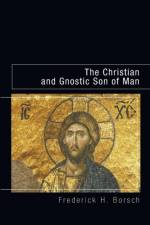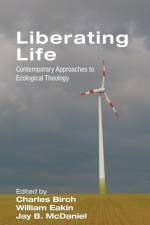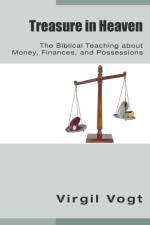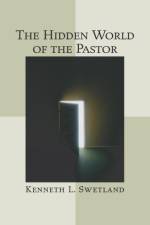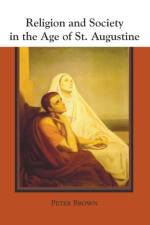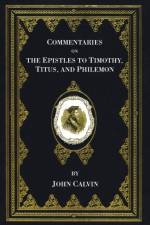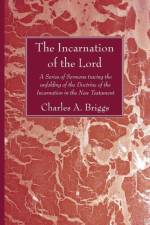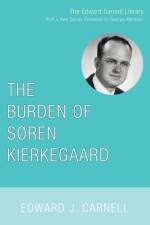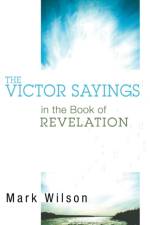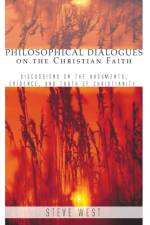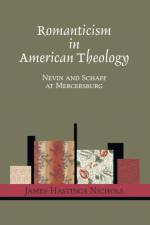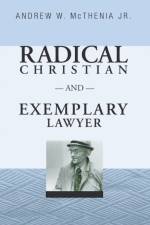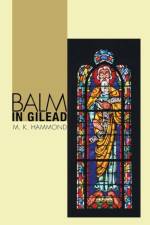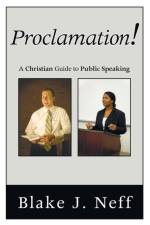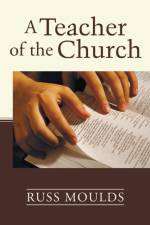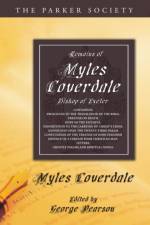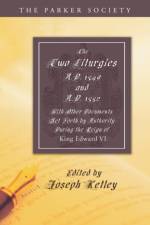- Honoring William Stringfellow
349,-
The compelling legacy of William Stringfellow was set in motion when the great German theologian Karl Barth, who met Stringfellow on a panel discussion at the University of Chicago in 1962, turned to the audience and pronounced, You should listen to this man! Many have done just that.This collection of essays honoring the life and work of William Stringfellow, who was for thirty years an activist lawyer and widely read theologian, points up recurring themes in Stringfellow's theology, recounts the experiences of colleagues and friends, and focuses on the legal profession. The following are the well-known lawyers, theologians, and social activists contributing to this volume:Walter Wink, Stanley Hauerwas, Jeff Powell, Elizabeth McAlister, Mel Schoonover, Andrew W. McThenia Jr., Bill Wylie Kellermann, Mary Lou Suhor, Jim Wallis, Daniel Berrigan, Thomas L. Schaffer, Emily Fowler Hartigan, Edward McGlynn Gaffney Jr., and Milner S. BallNew readers not yet familiar with Stringfellow will be gripped by the Stringfellow of these pages. More familiar readers will return for more of his energy, daring, and imagination.--Walter Brueggemann, Columbia Theological SeminaryOne need not be a Christian to feel challenged by the example of William Stringfellow. . . . We should be grateful to Andrew McThenia for compiling this excellent collection of essays about a lawyer who insisted on the priority of his explicitly Christian vocation in defining his practice of law.--Sanford Levinson, University of Texas Law SchoolThis fine collection of essays in honor of William Stringfellow, assembled from an impressive array of scholars and social activists, demonstrates the breadth and depth of Stringfellow's contribution to contemporary understanding of the relation between faith and justice.--Clark D. Cunningham, Washington UniversityThis volume is more than a tribute. In it we hear again William the prophet proclaiming the beauty and harshness of the gospel.--Will Campbell, author of 'Up to Our Steeples in Politics'ANDREW W. McTHENIA JR. is the James P. Morefield Professor of Law Emeritus at Washington and Lee University, Lexington, Virginia. He and his wife Anne live in Lexington.


